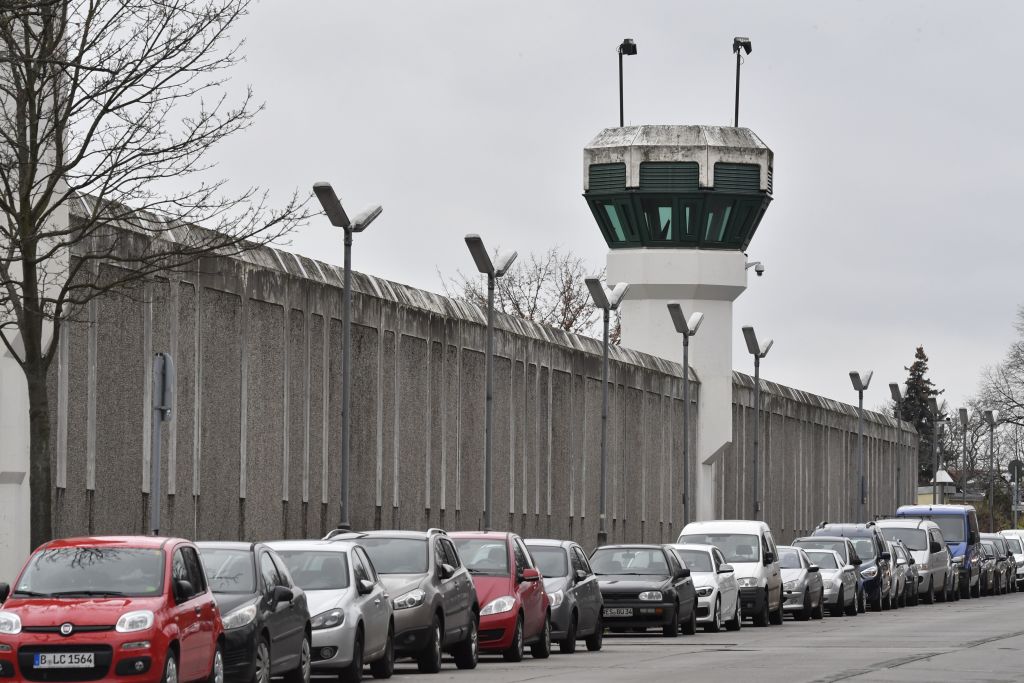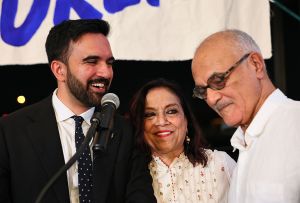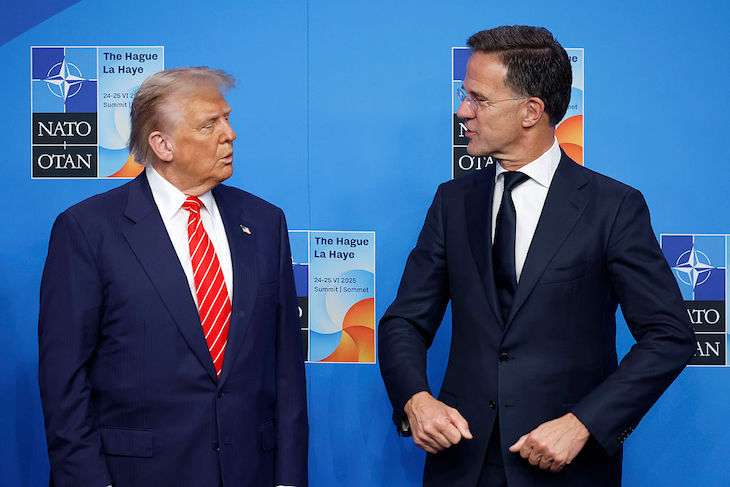Angela Merkel’s decision to allow more than one million migrants into Germany has caused a crisis in Germany’s prison system.
About half the prisoners in Berlin and Hamburg are now foreign-born, according to the latest figures in the German press, and in prisons across the country, German is becoming a foreign language.
This surge in outsiders on the inside coincides neatly with the 2015 decision to allow in migrants from the Middle East, Africa and Asia.
All regions of Germany report a ‘very strong increase’ in the number of foreign and stateless prisoners, according to data from the past three to five years.
Prisons throughout Germany are overcrowded and struggling to handle the influx in population. Prisons in Baden-Württemberg and North Rhine-Westphalia are currently at 100 percent capacity, while prisons in Bavaria, Berlin, Bremen, Hamburg and Rhineland-Palatinate are at 90 percent.
Prison staff are overworked, clocking in over 500,000 hours of overtime in 2018. Many NRW prisons are experiencing staff shortages, too. This while German prisons struggle to bridge the language and cultural gap between the guards and prisoners, according to the Berliner Morgenpost.
German prison work has also become increasingly dangerous. In North Rhine-Westphalia the number of assaults on staff has more than doubled since 2016.
‘The numbers are a reflection of our society,’ said Peter Brock, leader of a German prison union. ‘Insults, threats and attacks are part of everyday life.’
There’s also been a sharp increase in the number of Islamists within German prisons, with at least 300 radical Islamists serving time currently, and another 350 Islamists with outstanding warrants, according to data from German justice ministries.
In Hesse, the number of Islamists has tripled since 2013, and other regions have experienced a similar swelling within their ranks.
While Muslims make up only about 7 percent of Germany’s population, they are vastly over represented in its prison system: 20 percent of Germany’s 65,000 inmates identify as Muslims, German authorities report.
Authorities are concerned about the risk of radicalization within German prisons. While the NRW once had 114 prison imams, there are now only 25, according to Westdeutscher Rundfunk Köln, a German public-broadcasting institution based in Cologne. Their number dropped precipitously after German authorities discovered that 97 of the imams were on the payroll of the Turkish government. Germany then required an additional security review, but Turkey refused to allow German officials to interview the imams, leading to their dismissal.
Chancellor Angela Merkel said she has no regrets about her controversial decision to accept over a million refugees into Germany, in response to the European migrant crisis. She says that she would make the decision ‘the same way again.’ Germany’s prison wardens probably don’t feel the same.

























